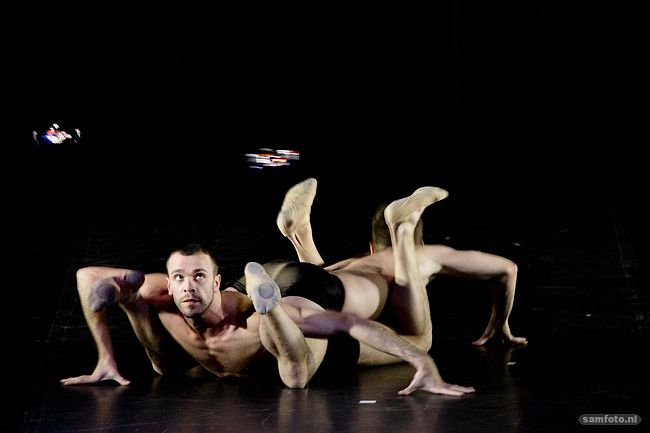The seminar celebrating TU Delft’s anniversary explored the upcoming research and design challenges for robotics.
We are making robots ever smarter thanks to increased computing power and big data sets.
Industrial versions already do specific dull, dirty and dangerous tasks better than us. But we will be encountering them in our midst more and more. However, in this guise they have to interact with humans and deal with the complexities of the real world. The expert speakers at the event pointed to a desirable future of responsible innovation involving human/machine collaboration and collective learning.
Machine intelligence
Professor Sebastian Thrun of Stanford University, presented his ground breaking work on autonomous vehicles. His key point was that machines now learn faster than us. They can tirelessly correct mistakes to quickly incorporate improvements into their software and pass them on to fellow machines. But he sees self-driving cars as tools. “I don’t want a team mate with moods and emotions that I have to negotiate with,” he said. TU Delft awarded him an honorary doctorate for his career achievements in smart robotics, autonomous cars and online education.
Limits
Tom Sheridan, MIT Professor Emeritus, views robots as amplifiers of our capabilities. He outlined robotics’ development from human controlled remote manipulation toward greater machine autonomy, but he drew a clear line. “I don’t want to marry a robot. Sex and love with robots is taking things too far,” he said.
Societal crossroads
Dirk Helbing, Professor of Computational Social Science at ETH Zurich, reviewed the consequences for civilisation of evolved machine intelligence overtaking human capabilities. “Intelligent machines may be our tools, then our team mates, then our coaches, then our bosses,” he said. The systemic complexity of our technologies could lead to instabilities or an automated society, run like a machine. Hard won societal gains such as democracy, pluralism and culture would be lost. Helbing advocates an enabling social process based on a collective human-machine intelligence. This would devolve power to society to build an ethical, transparent, digital democracy.
Shared leadership
Professor Cathelijn Jonker, professor of the Interactive Intelligence Group of the Electrical Engineering, Mathematics and Computer Science faculty (EWI) at TU Delft, explained human and robot interaction as a social process to achieve shared leadership and control.
“Intelligent, empathetic robots can be integrated into human society, with responsibility for actions alternating between the two. This depends on the capabilities of human and machine and on the situation,” she said, “but with the human having the final say.”
Co-active design
Jeff Bradshaw, senior research scientist at the Institute for Human and Machine Cognition, Florida, told of his team’s development of tools for designing human robot interaction. Their co-active design method supports interdependence for effective human-robot teamwork. “We try to incorporate resilience to avoid failure in our designs,” he said. “Because in robotics, if you don’t plan to fail, you are failing to plan.”



Comments are closed.